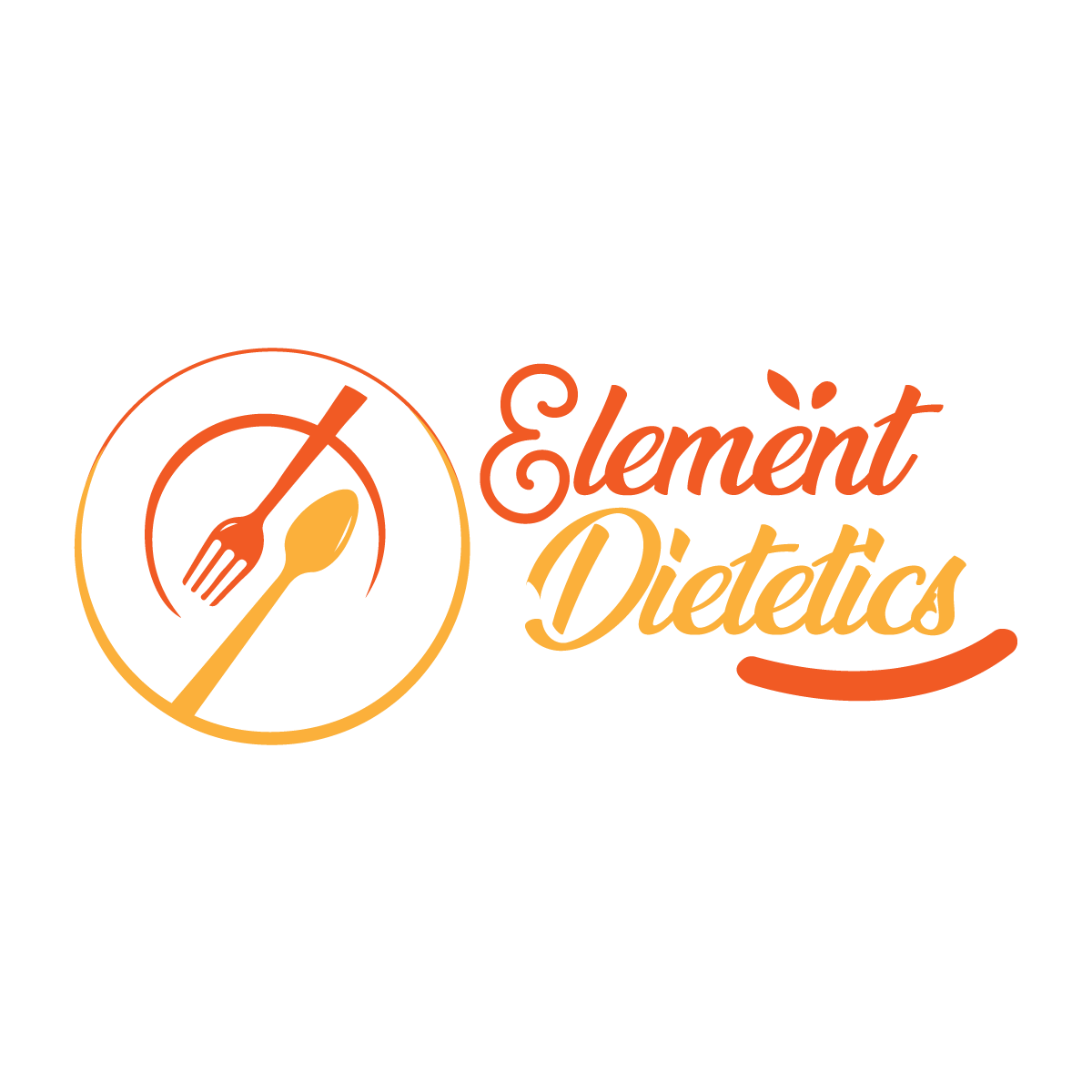The Truth About 'Detox' Diets: Why They Don't Work (and What Actually Does!)
Disclaimer: This blog post includes references to scientific studies. The numbers in brackets refer to the numbered items in the reference list at the end of the post.
"Detox," "cleanse," "reset"—these buzzwords are everywhere, promising quick fixes and miraculous health transformations. But do these detox diets really deliver on their promises? As a dietitian, I'm here to shed light on the truth behind these trends and explain why your body is already a master at detoxification.
What Are 'Detox' Diets?
Detox diets typically involve restrictive eating patterns, often focusing on:
Juices and smoothies
Limited food groups
Fasting or severe calorie restriction
Supplements and laxatives
These diets claim to "eliminate toxins" and promote weight loss, improved energy, and clearer skin.
The Myth of 'Toxins'
The term "toxins" is often used vaguely in detox diet marketing. In reality, your body has its own highly efficient detoxification system. Think of it as a highly sophisticated, in-built processing plant that runs 24/7 without you needing to buy special teas or shakes [1].
Here's how your body expertly handles waste and harmful substances:
Liver: This powerhouse organ filters your blood, neutralises harmful substances, and converts them into harmless compounds for elimination [1].
Kidneys: These workhorses remove waste products from your blood and excrete them via urine (pee) [1].
Lungs: With every breath, your lungs eliminate carbon dioxide, a key waste product of metabolism [1, 2].
Skin: While sweat does eliminate some waste, its primary role isn't major detoxification.
Digestive System: Your gut plays a crucial role in eliminating solid waste and preventing harmful substances from being absorbed [1].
Why 'Detox' Diets Don't Work (and Can Be Harmful)
Relying on "detox" products or highly restrictive plans not only fails to deliver on their promises but can also pose risks to your health:
Nutrient Deficiencies: Restrictive diets, especially those that cut out whole food groups or limit calories severely, can lead to deficiencies in essential vitamins, minerals, and macronutrients [3].
Muscle Loss: Severe calorie restriction doesn't just target fat. It can result in muscle breakdown, also known as muscle atrophy [4]. Losing muscle can slow your metabolism and make long-term weight management harder [4].
Dehydration & Electrolyte Imbalance: Some detox diets, particularly those involving laxatives or excessive fluid restriction, can cause dehydration and disrupt your body's delicate electrolyte balance, which is crucial for heart and muscle function [5].
Unsustainable & The "Yo-Yo" Cycle: Extreme diets are notoriously difficult to maintain long-term [6]. This often leads to a cycle of yo-yo dieting, where lost weight is regained, sometimes with interest. This pattern can contribute to unhealthy relationships with food, including binge cycles and an increased risk of developing disordered eating patterns or even clinical eating disorders [7, 8].
False Sense of Security: These diets can create the illusion that you can "undo" unhealthy habits with a quick fix, deterring you from adopting consistent, sustainable lifestyle changes.
Lack of Scientific Evidence: Most "detox" products and diets are not backed by rigorous scientific research. Claims about "toxins" are often vague and lack a scientific basis [9].
What Your Body Really Needs: The Real 'Detox'
Instead of relying on fad detox diets, focus on sustainable healthy habits that naturally support your body's incredible detoxification processes and promote overall well-being:
Balanced Diet: Consume a variety of whole, unprocessed foods. This includes plenty of fruits, vegetables, whole grains, lean proteins, and healthy fats. This approach provides the nutrients your body needs to function optimally [10].
Hydration: Drink plenty of water throughout the day. Water is essential for kidney function, nutrient transport, and overall bodily processes [5].
Regular Exercise: Engage in physical activity regularly. Exercise supports overall health, boosts circulation, and helps maintain muscle mass [4].
Adequate Sleep: Prioritise quality sleep. During sleep, your body performs essential repair and restorative processes, including those related to detoxification [11].
Limit Processed Foods & Sugary Drinks: Reduce your intake of ultra-processed foods, sugary beverages, and excessive alcohol, which can contribute to inflammation and strain your body's natural systems [12].
Conclusion
Detox diets are often misleading and potentially harmful. Your body is equipped with incredibly effective natural detoxification systems. The best way to support these processes and achieve lasting health is by adopting a healthy, balanced lifestyle that nourishes your body and promotes long-term well-being.
Share your experiences with detox diets in the comments below!
References
Grant DM. Detoxification pathways in the human liver. Handb Exp Pharmacol. 2011;(202):E1-E14.
Meerman R, Brown AJ. When somebody loses weight, where does the fat go? BMJ. 2014;349:g7257.
Manninen AH. Metabolic effects of low-carbohydrate diets. Eur J Clin Nutr. 2004;58(9):1267-78.
Schoenfeld BJ, Aragon AA, Krieger JW. The effect of protein timing on muscle strength and hypertrophy: a meta-analysis. J Int Soc Sports Nutr. 2013;10(1):5.
Popkin BM, D'Anci KE, Rosenberg IH. Water, hydration, and health. Nutr Rev. 2010;68(8):439-58.
Maintenance of lost weight and long-term management of obesity - PMC.
National Eating Disorders Collaboration (NEDC). Disordered Eating & Dieting [Internet]. NEDC; [cited 2024 Jun 16]. Available from: https://nedc.com.au/eating-disorders/eating-disorders-explained/disordered-eating-and-dieting/
The Emily Program. Does Extreme Dieting Lead to Eating Disorders? [Internet]. The Emily Program; 2019 Jan 15 [cited 2024 Jun 16]. Available from: https://emilyprogram.com/blog/does-extreme-dieting-lead-to-eating-disorders/
Klein AV, Kiat H. Detox diets for toxin elimination and weight management: a critical review of the evidence. J Hum Nutr Diet. 2015;28(6):675-86.
Willett WC. Nutritional epidemiology. 3rd ed. New York: Oxford University Press; 2013.
Irwin MR. Sleep and inflammation: partners in sickness and in health. Nat Rev Immunol. 2019;19(11):702-12.
Monteiro CA, Cannon G, Levy RB, et al. Ultra-processed foods, macronutrient profiles and obesity. Public Health Nutr. 2011;14(1):5-13.
